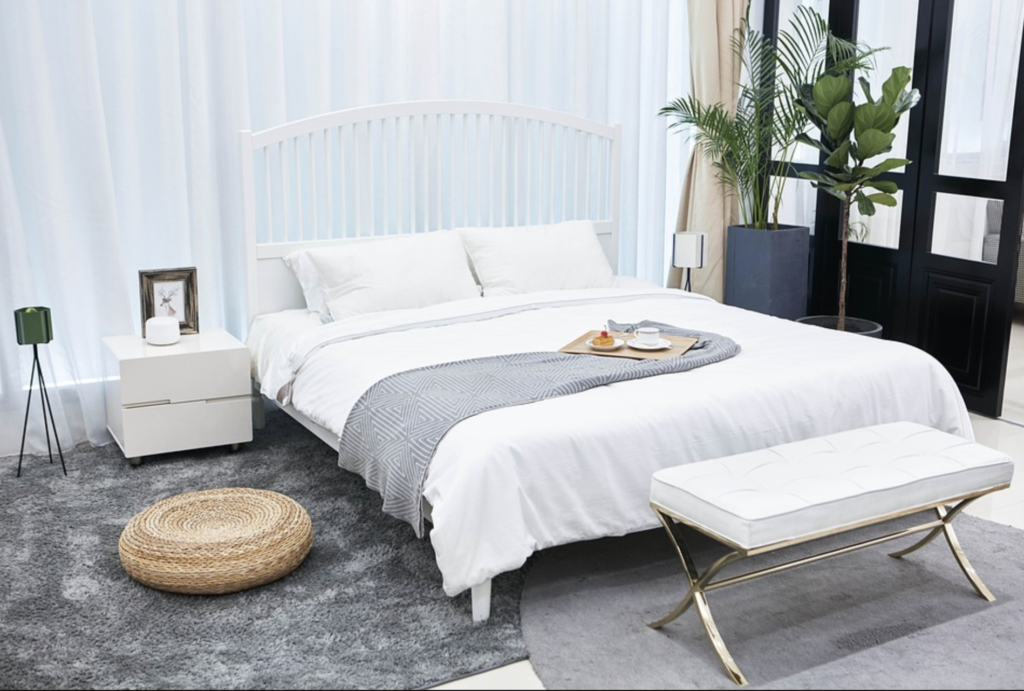How to Create a Sleep-Inducing Bedroom Environment
For many homeowners, decorating the bedroom is a matter of aesthetics, with bedding carefully chosen to match the furnishings. While this is certainly important, what some neglect to pay enough attention to is the level of comfort of the bedroom, along with its capacity to help provide the perfect rest in.
In fact, there are instances where insomnia can be reversed by making minimal changes in the bedroom to make it more conducive for sleeping.
Turn down the brightness
If you want to sleep better, turn off all the lights in your bedroom. Health.com says that the presence of light inhibits the body from producing melatonin, a hormone that helps you to fall asleep. If your eyes detect light, whether from a bulb, your television set, or your mobile phone, your body’s natural production of the substance is inhibited, which can lead to hours of tossing and turning because you cannot fall asleep. Keep your room as dark as possible to lull your mind and body into falling asleep faster.
If you can’t afford to completely eliminate lights from your bedroom, DoveMed recommends replacing your current bulbs with low-wattage ones to minimize the chances of disrupted or delayed sleep.
Choose the right color
Did you know that the color you choose for your bedroom can actually help determine whether you are able to fall asleep quickly or not? An article on the Leesa blog discusses how color theory can affect your senses, explaining that cool shades, such as blues and greens, as well as neutrals like gray and tan, are more conducive for sleeping because of their calming nature. In contrast, warmer shades such as red and yellow can arouse your senses, which may not be ideal if you want to get to sleep quickly.
Make sure that your bedding is comfortable
Just about anyone can attest to how uncomfortable it can be to sleep with bed sheets and blankets made from rough cloth. In a previous article here on GO-Cottage, we provide some suggestions on how to upgrade your sheets and mention various types of bedding ranging from inexpensive linen to fancier, more luxurious ones.
However, softer doesn’t necessarily mean better. Everyone is different, which means that what you may think is the right kind of softness and texture might be too much or too little for someone else. Test what the pillows, blankets, and sheets feel like before purchasing them so you can see if it suits you. Don’t just base your purchase on reviews from leading websites.
Minimize the decor in your room
The Huffington Post cautions homeowners against over-decorating their rooms, saying that decor can serve as a distraction which could prevent you from falling asleep easily. As much as possible, try to keep the number of items in and lying around your bedroom to a minimum. That way, there is less likelihood that your mind will wander while you are in the bedroom – an action that can make it difficult for you to relax and prevent you from the recommended amount of rest.
Re-arrange your furniture
Life.ca suggests applying the rules of feng shui when redecorating your bedroom. Experts of the ancient practice claim that the wrong order of items can cause disrupted sleep. The article provides suggestions for how you can use principles to rearrange your room to help you optimize it for rest. For non-believers of feng shui, this might seem like superstitious nonsense, but testing its core principles won’t hurt if you want to improve your chances of sleeping better.




